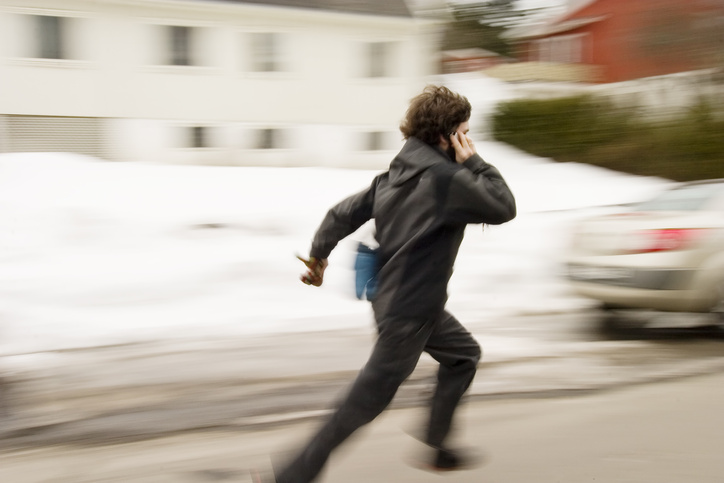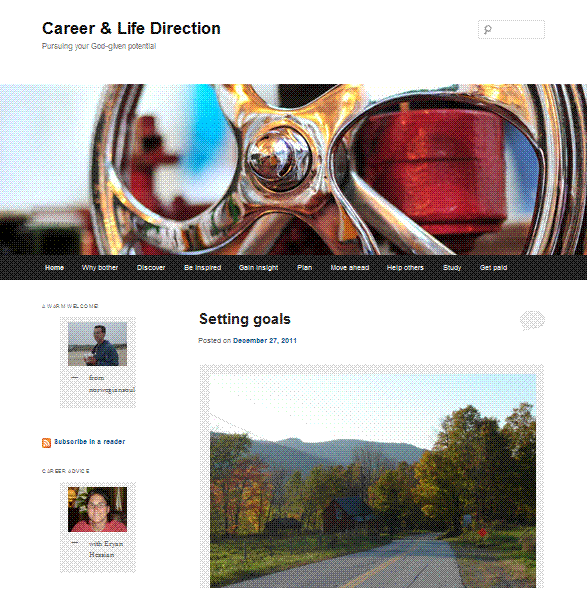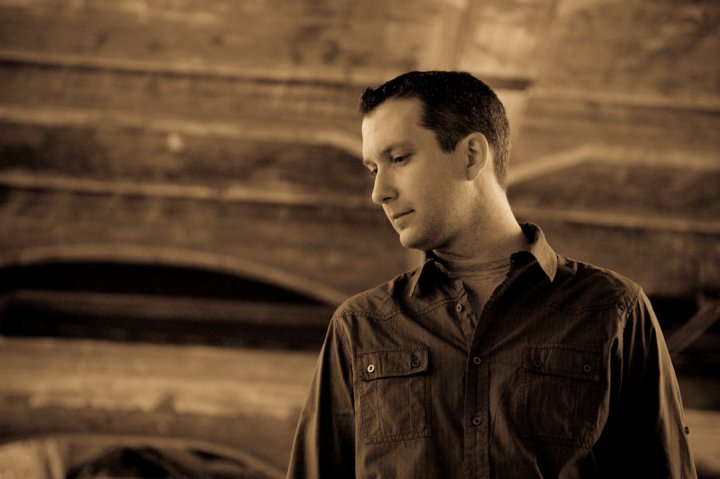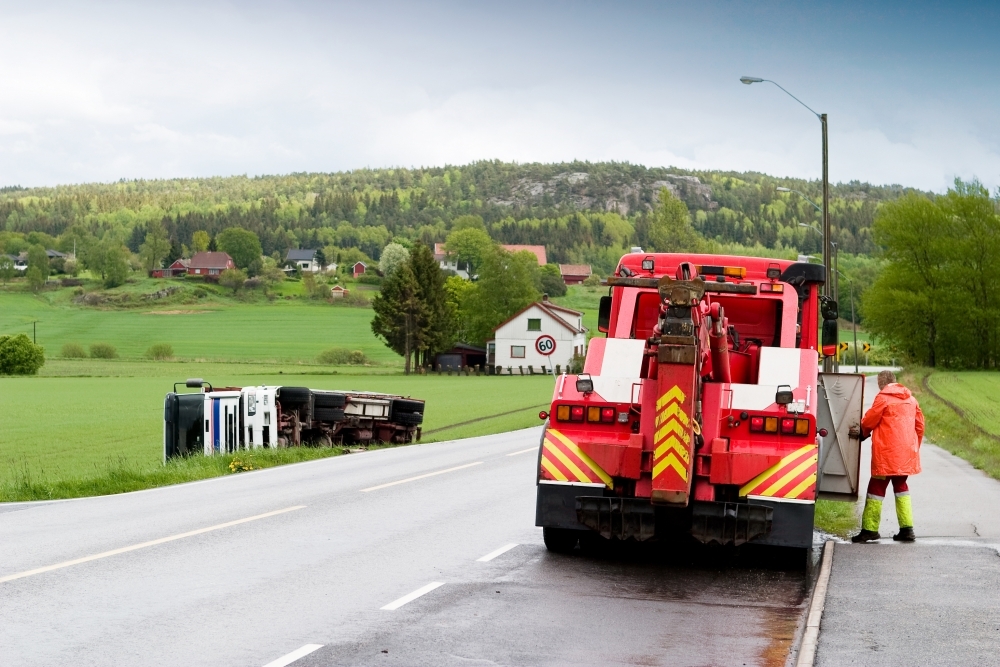Anxiety and God’s will
- At January 09, 2013
- By Nathan
- In Career & Life Planning
 0
0
J.I. Packer and Carolyn Nystrom wrote God’s Will: Finding Guidance for Everyday Decisions specifically for Christian people who feel stressed, anxious, and fearful as they face the future. Which is to say, that this book isn’t primarily intended for frantic atheists, tense secular folk, or calm and collected Christians either.
Christian? Check. Traumatized by this topic? Check. Then, you might want to read this book -and read it slowly.
Bringing up God’s will may seem to complicate the whole decision-making process. Less stress does sometimes result from reducing the number of wills involved. Eject God straightaway and you have one less will to worry about; or so some people say. But then again, you might end up with billions of little gods running wild, a whole lot more anxiety in this world, and heavy-handed governments rising up all around to control the chaos.
That last sentence was a bit on the heavy side. But perhaps it needed to be said nonetheless.
Career counsellors who don’t believe in God (or are not allowed to talk about it if they do) naturally omit a thorough discussion about discerning God’s will. The title that comes up again and again, popping up all over the place, is rather something like this: Bob’s Will: Helping Bob Figure Out What He Wants to do With His Life. Admittedly, this formula usually works well, for men and women with various names, and provides a genuine service to many people. Unless, of course, it turns out that “Bob” is considering, say, joining a gang and selling drugs to kids down the street.
It will come as no surprise, that a careful reading of J.I. Packer’s and Carolyn Nystrom’s book would lead to the conclusion that routinely destroying other people’s lives is not God’s will. But it might still be Bob’s.
Most Christians, of course, are not sitting at home in front of their computers agonizing over whether or not to join the Hell’s Angels or another gang promoting organized crime. “Should I sell heroin or cocaine this year?” Decisions, decisions. To be fair, very difficult situations can arise – quite apart from any reference to criminal activity. And if you are faced with trying to choose what is best, when all of the options look bad, begin towards the end of this book.
Otherwise, begin at the beginning. Begin with a discussion of Psalm 23. Begin by reflecting on words of comfort and reassurance if you are “running silly” or “running scared.” From there, you will be reminded that although God will guide you, this doesn’t mean that it is going to be easy or that your next step will be immediately obvious. Shortly after that, there is an invitation to reflect on Romans 12:1-2 and consider that your level of internal spiritual health will determine in part how well you are able to make wise decisions in daily life.
And then, from chapter four on, the balancing act begins. The authors are attempting to simultaneously guide anxious Christians away from a “superspiritual” and a “subspiritual” approach to discerning God’s will for their lives.
On the one hand, there is a strong emphasis on trying to understand what God has already revealed in the Bible. There is also encouragement to actively seek wisdom, to consult friends, and generally, to make good use of all the God-given abilities, insights, and resources at your disposal. But, at the same time, there is a cautious openness to more direct forms of guidance (i.e. dreams, visions, words of wisdom, an inner sense, etc.).
Balance is required. It isn’t a good idea to totally tip one way or the other. That is the point. Endless hazy talk that begins to sound like spiritual mumbo-jumbo isn’t the answer. And neither is an extreme figure-it-all-out-yourself attitude.
The anxiety and fear observed among Christian people is, in the authors’ judgement, presently due to an inappropriate and unbalanced emphasis on special forms of guidance. Would you agree? The result is that if nothing spectacular, sensational, or out of the ordinary happens many struggle to make decisions with confidence. People don’t feel like they are been led. They stand still – stuck – when they should be moving ahead.
But what has happened in the past may not necessarily happen in every situation in the future. Keep this point in mind. Praying is always a good idea. But praying and expecting God to show you exactly what to do, and in no uncertain terms, according to your preferred method, well, that might be a tad unrealistic and cause for unnecessary anxiety and concern.
This, at least as far as I can tell, is what J.I. Packer and Carolyn Nystrom are trying to say. And this is also, I think, helpful advice.
While come mistakenly avoid talking about God’s will, Christians (myself included) sometimes approach this topic in an inappropriate and unhelpful way.
© Career & Life Direction 2013. All rights reserved.
Feeling lost: finding your way
- At October 11, 2012
- By Nathan
- In Career & Life Planning
 0
0
What would it take for you to get from where you are right now to where you need to be? And what do you need right now in order to take the next step in your life?
How would you feel if you were told that what you really need is a large dose of confusion and despair? Sounds good, right? Sign me up. This is going to be great! True, it is usually healthy to possess a measure of calm composure and self-confidence, but there are admittedly times in life when this is counterproductive.
Feeling lost can be necessary on occasion in order to find your way. It can help. Lost people fire off their flares and eventually get found. The desperation pays off after all – in the end. And I wonder if feeling completely lost isn’t, more often than not, a standard part of the career and life direction process.
What do you think? Has this ever been the case in your life? Could it be that a profound lack of direction has been the motivating force guiding even now? If so, where would you be without it?
Men, of course, are famous for refusing to stop and ask for directions. They’ll just keep right on driving all over the place. Those men. Hour after hour they’ll grip the steering wheel, block out the increasingly vocal protests in the back seat and drive on – into the night. The situation has to be really, really bad before they finally pull over and ask for help. Have you ever asked yourself why? Part of the answer could be that simply asking for directions has been interpreted as a sign of weakness and – even worse – as an indication of failure. It is that bad. Men assume that there is sure to be a loss of face and a loss of respect if they admit that they are lost.
Feeling lost and being lost isn’t an option. Getting good and lost isn’t one of the standard things to do if you want to make a good impression. And if you do happen to lose your way, this isn’t probably an experience you enjoy talking about…over coffee…with all the other guys. Now let me tell you all about the time when I really made a fool of myself. Men in particular tend to avoid this experience at all costs. No thanks.
In saying this, I am assuming that feeling respected is a basic and legitimate need that men have. Women need to feel respected as well, but not apparently to the same extent. Please note that I am not saying it is okay to treat a woman with disrespect. It is just that being respected is very, very, very important for a man. Ask yourself how important it is on a scale of one to ten. Ask any man you know.
And yet it needs to be said that feeling lost isn’t typically an experience that men or women would tend to value or celebrate. No, this isn’t likely what either sex will feel inclined to sing about when we remember our favorite things.
Sometimes, though, feeling lost is part of the process.
A number of years ago, I had a vivid dream the night before setting out on my first international adventure. Friedrichshafen, West Germany, was my primary destination. There would, however, be stops in Austria, Holland, Switzerland, and Italy. No, I didn’t speak German or any other European languages. No, I had never been to Germany or anywhere else in Europe before. Yes, I would be travelling alone. And no, I didn’t know anyone at the school where I was going to study.
This was sure to be an exciting adventure, but it was also a little scary. It involved being dropped into an alternative universe. To add to the excitement, the stock market decided to crash shortly after I arrived in the old country. How nice.
Without going into the details, my pre-voyage dream was all about feeling lost and out-of-place. Surprised? Probably not. But here is the point: An experience that started out with unpleasant feelings turned out to be one of the best years of my life.
Feeling lost doesn’t have to hurt you. This awkward experience can actually help you.
And how many people can truly say that they have never felt this way?
© Career & Life Direction 2012. All rights reserved.



































